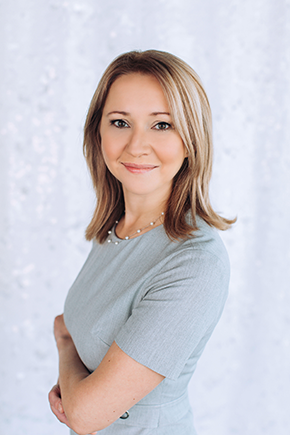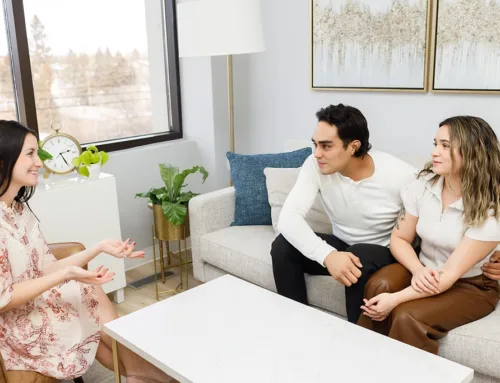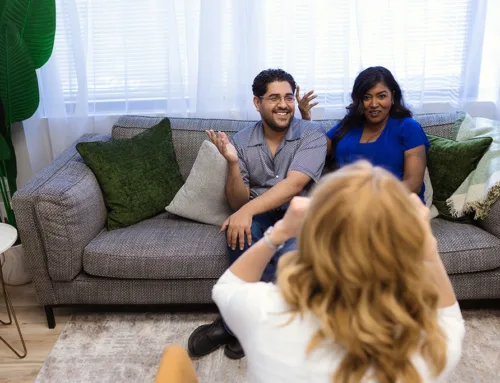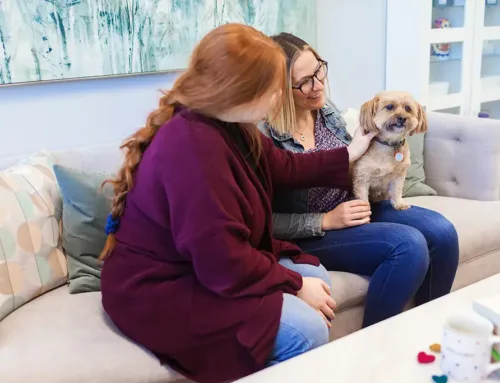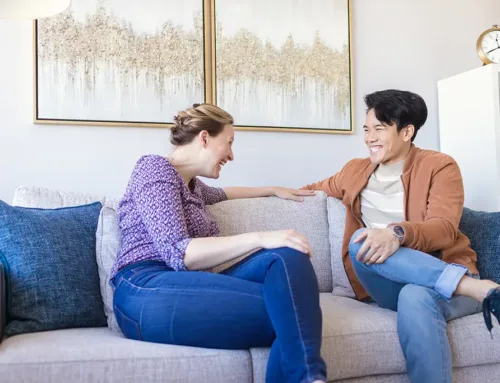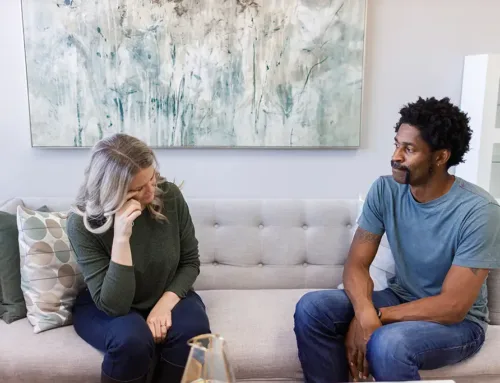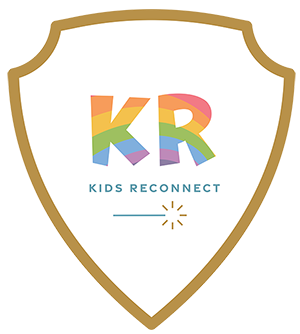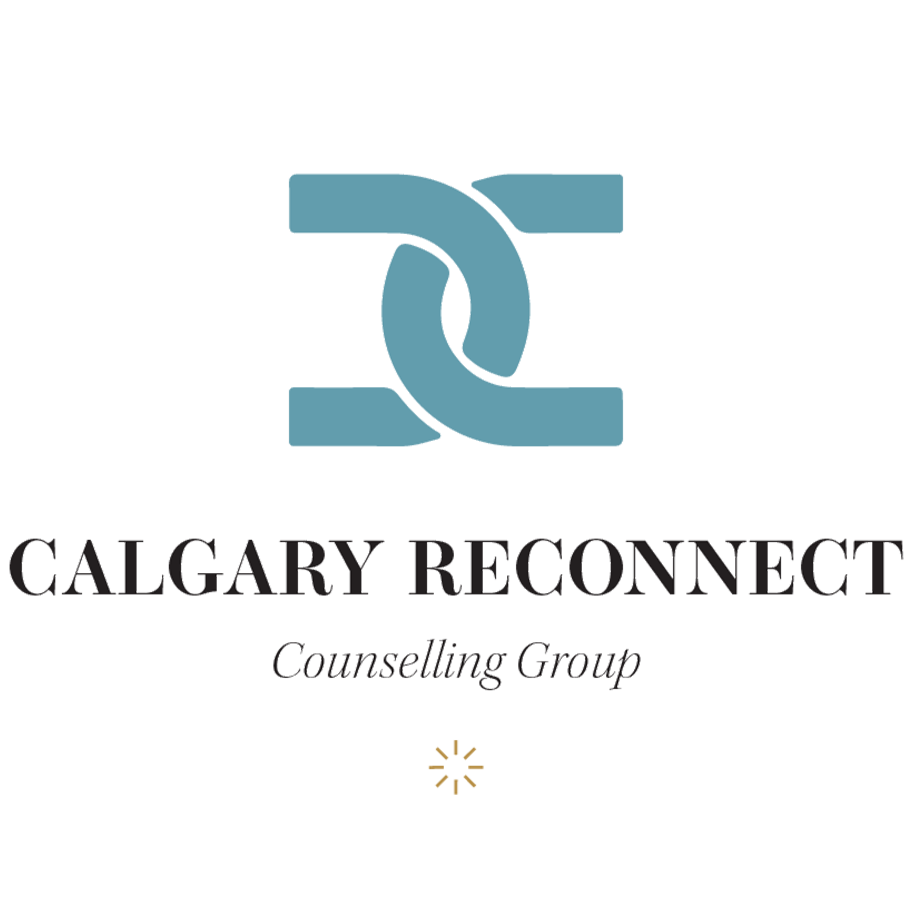
Lessons from the therapy couch
When people think about couples therapy, they often picture endless talking… or one partner getting blamed. But real couples therapy is nothing like that.
- It’s practical.
- It’s hands-on.
- It’s about learning new moves for the moments that matter most.
As Dr. Sue Johnson (Emotionally-Focused Therapy founder) once said: “Couples therapy is like learning a new dance together.”
“Couples therapy is like learning a new dance together.”
— Dr. Sue Johnson
At first, every step feels awkward — maybe even scary. You step on each other’s toes. You worry you’re doing it wrong. But over time, you find the rhythm. You learn to move together — not perfectly, but connected.
In therapy, you’re not just talking about problems. You’re learning how to show up for each other in a new way — one step, one moment, one conversation at a time.
What exactly do you learn in therapy? Let“s be specific.
1) You learn how to fight better (yes, really)
Conflict isn’t the problem. In fact, all couples have it. The issue is how you fight.
- Do you shut down or blow up?
- Do you chase or avoid?
- Do you feel like you’re repeating the same argument again and again?
- Do you use “pick up your socks” as a cover-up for your feelings?
2) Therapy helps you hit pause on the reactive patterns and learn how to:
- Notice when you’re triggered
- Communicate without attacking or defending
- Repair quickly after a rupture
- Stay connected, even in conflicts
You won’t walk away with perfect harmony (that doesn’t exist).
But you will leave with tools to handle conflict in a way that builds closeness, not distance.
3) You learn to hear what’s really being said
Underneath every “You never help around the house” is usually something deeper:
“I’m overwhelmed, and I feel like I’m doing this alone.”
This kind of listening doesn’t come naturally—it’s a skill. And once you learn it, the conversations change. Defensiveness drops, and understanding rises.
4) You learn to relate through empathy, not sympathy
Most couples fall into the trap of “me vs. you.” Therapy helps you shift to “us vs. the problem.”
You’ll practice:
- Slowing down
- Validating each other’s emotions
- Learning to be on the same team again
Instead of reacting with “That’s not true!”, you’ll learn to say:
“I can see how that made you feel hurt. Can I tell you what was happening for me?”
It sounds simple. It’s not easy. But it works.
Many couples think they need a total reset
But often, what they really need is:
- To understand the cycle they’re stuck in
- To respond instead of react
- To relearn how to reach for each other—especially in the hard moments
At Couples Reconnect, our therapists use evidence-based approaches like EFT (Emotionally Focused Therapy), Gottman Method, and EMDR for relational trauma. We specialize in helping couples in Calgary and Alberta move from survival mode to real, lasting reconnection.
We specialize in helping couples in Calgary and Alberta learn to move from survival mode to real, lasting reconnection
At Couples Reconnect, our therapists use evidence-based approaches
like Emotionally Focused Therapy (EFT) for couples, the Gottman Method,
and Eye Movement Desensitization and Reprocessing (EMDR) for relational trauma.
To book a couples counselling appointment, please call our friendly Intake Team.
